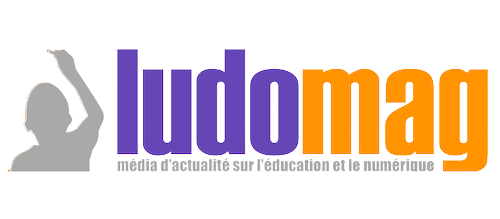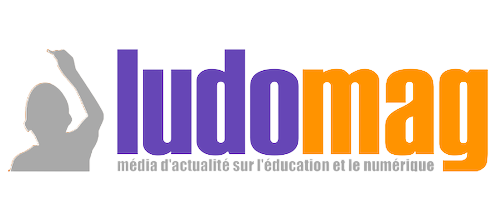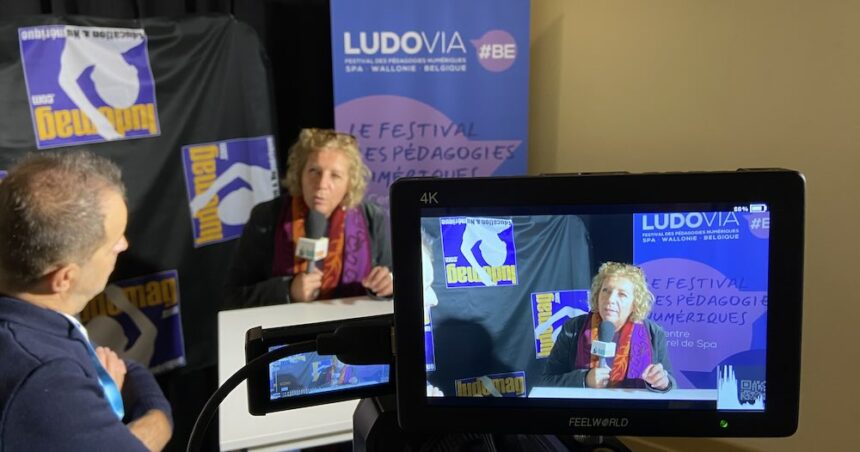During LUDOVIA#BE, held in Spa, Wallonia, from October 22 to 24, 2024, we encountered several « gems. » Over the coming weeks, we will share a selection of these through articles and short videos, which we hope will inspire your ongoing and future projects.
Today, we want to draw inspiration from Ingrid Février, a partner at Convidencia, a consultancy specializing in transformation. She delivered a keynote on the topic Digital Transformation: From Apprehension to Ownership.
“What we often see is that we approach digital change primarily from the perspective of tools. While tools are numerous, useful, and motivating, they are not the whole picture,” she begins.
A successful transformation isn’t just about adopting a great tool or changing processes. Transitioning to digital also involves a cultural shift, a change in mindset, and a transformation of attitudes.
Février emphasizes that even with a highly efficient tool, if users lack engagement or acceptance, the tool will fail to be adopted.
“Our job is to work on fostering acceptance, which goes beyond just communication and training. The most important thing is to ensure that people understand the value of the tool and see how it can improve their daily lives,” she explains.
Avoiding the Feeling of « Losing Competence »
The challenge with new technologies is ensuring people don’t suddenly feel « incompetent. » Teachers, who are often passionate about their craft, may perceive new tools as an imposition.
“They already have their methods for teaching, and now they’re being told to make videos, use e-learning, and adopt digital platforms. But that’s not their core job!” Février points out.
This can generate a fear of digital tools, exacerbated by widespread myths about the risks and potential negative impacts on teaching quality.
People’s reactions vary: some are naturally drawn to digital tools, others are apprehensive, and still others harbor misconceptions, believing that digital technology might threaten or degrade their teaching.
The Importance of Awareness and Familiarization
How can we demonstrate that digital tools add value to daily life?
This is a societal phenomenon. Février poses the question: Is the teacher’s role solely to facilitate learning in their subject area, or is it also to teach students how to learn?
With the rise of artificial intelligence, the pace of change is accelerating.
“Today, the most critical skill isn’t memorizing competencies but learning how to learn. And learning how to learn without digital tools, in the society we live in, no longer makes sense,” she adds.
This raises the question of what resources and support are being provided to convince, reassure, and motivate teachers—so they, in turn, can pass this on to their students.
“How to shift your mindset—that’s the real debate, not which tool to choose. That’s where we’ve focused much of our work so far,” Février notes.
As individuals, how can we feel comfortable in a world that is constantly changing, uncertain, and complex?
The « Soft Cow » Theory
When facing change or transformation, there’s a statistical distribution of reactions: 15% are enthusiastic, serving as ambassadors who drive momentum; 15% are resistant; and 70% are undecided, forming the group Février calls the « soft cow. »
“This group watches where the most energy is being focused. The idea is not to spend too much time on the resisters because the undecided majority could be swayed in that direction. Instead, it’s better to invest time in the ‘evangelists’ who want to promote change,” she explains.
Learning to use digital tools is a societal phenomenon that cannot be ignored.
“Banning it is ridiculous! Learning to use it properly, including addressing the ethical questions surrounding it, is essential,” she concludes.
Février doesn’t propose a miracle solution—just a focus on asking the right questions and taking actions to support teachers, students, and parents in fostering an ethical use of digital technology.








